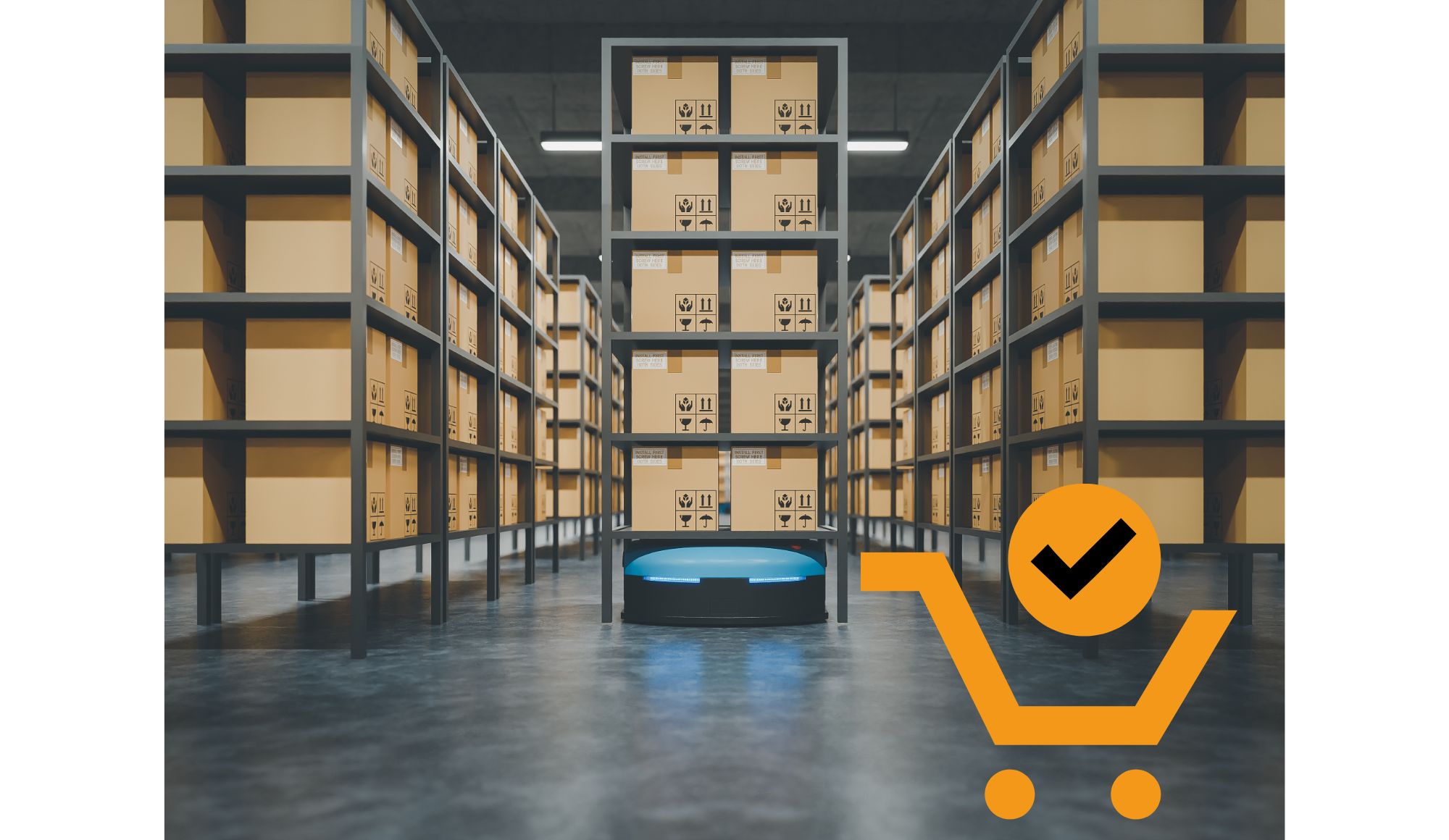Is This Magnificent 7 Stock The Next AI Rocket Ship?
A lot of hoopla surrounds AI companies but remarkably Amazon has not been swallowed up by the tidal wave. At least not yet.
That may be about to change because Claude, its proprietary AI, has the potential to integrate into the Amazon ecosystem to drive efficiencies, accuracy, customer satisfaction, and most importantly financials.
Key Points
- Claude improves customer satisfaction, optimizes logistics, and boosts fraud detection.
- It outperforms rivals like Google, Microsoft, and IBM due to its seamless integration within Amazon’s services.
- The AI’s role in personalized shopping, voice commerce, and healthcare applications presents major growth opportunities.
Is Claude Set To Revolutionize Amazon?
Not only is Claude ranking as well as or better than its rivals on a host of metrics, but its potential to be integrated to Amazon’s ecosystem is enormous. For example, Claude powers Amazon’s virtual assistant, Alexa. The natural language processing capabilities have seen substantial improvements, lowering error rates and improving customer satisfaction.
The AI’s learning algorithms are crucial to optimizing Amazon’s logistics network too, resulting in faster delivery times and reduced operational costs. Those in turn have a knock-on effect that improve customer experiences and Amazon’s bottom line. Claude can also be used for fraud detection in order to safeguard both Amazon and its customers.
In spite of the these applications and the numerous others possible, Amazon has not been anointed as an AI stock, yet. As word spreads about how it compares to rivals, that may change.
How Does Claude Compare to Rivals?
Claude isn’t without competition but it does have advantages over rivals. For example, Google’s BERT performs well on NLP capabilities, particularly in search engine optimization and natural language understanding but Claude’s integration within Amazon’s ecosystem provides a broader application spectrum, from e-commerce to cloud services.
Famously, Microsoft has a large investment in OpenAI while Azure AI has broad applications across many industries. But Claude’s deep integration with AWS gives Amazon a unique edge because AWS continues to be the leading cloud service provider with a market share of over 32% as of 2023.
So too IBM’s Watson was an early AI pioneer, especially in healthcare and business analytics. But Watson has struggled with commercial scalability compared to Claude’s seamless deployment across Amazon’s operations.
Massive Opportunity for Claude
Obviously Amazon sits firmly atop of the world when it comes to online shopping and that’s where Claude can step in an revolutionize consumers experiences through hyper-personalized recommendations that enhance sales. Its deep learning algorithms analyze customer behavior to suggest products that align with individual preferences.
Claude’s integration with Alexa also enables voice-activated shopping. Voice commerce is projected to be a $40 billion industry by 2024, and Claude’s capabilities can capture a significant share.
In the healthcare realm alongside AWS’s infrastructure, Claude can support advanced applications, such as predictive diagnostics and personalized treatment plans. These in turn are likely to open new revenue streams for Amazon.
Plus, AWS’s AI services will be attractive to enterprise clients looking for scalable and reliable AI solutions. Offering AI-as-a-Service (AIaaS) is likely to further cement AWS’s leadership in the cloud market.
What AI Means for Amazon
The global AI market is expected to reach $267 billion by 2027, and Amazon has the opportunity to turn that into meaningful revenues by integrating Claude into various Amazon services that enhance customer and enterprise experiences.
AI-driven logistics and operational efficiencies are likely to vastly reduce costs, thereby improving Amazon’s profit margins while Claude’s predictive analytics are capable of optimizing inventory management, and so reducing waste and improving cash flow.
As AI becomes a core component of Amazon’s strategy, expect the market valuation to better reflect the improvements. Investors are likely to view AI as a significant value driver over the medium-to-long term.



